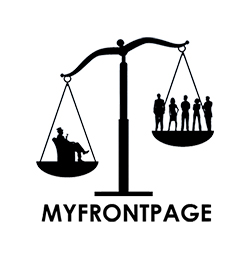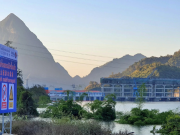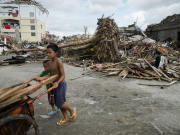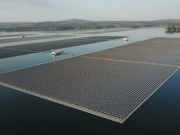Brunei , December 16, 2024
Brunei, one of Southeast Asia’s richest nations per capita, is facing increasing scrutiny over its heavy reliance on oil and gas exports. As global climate goals intensify and neighboring countries pivot toward green energy, Brunei’s economic model—rooted in hydrocarbons—looks increasingly unsustainable.
Oil and gas revenues currently account for over 90% of Brunei’s exports and nearly 70% of government revenue. While this model has long funded lavish social welfare programs and tax-free living, the sultanate has made limited strides toward economic diversification.
Climate pressure is mounting. International climate finance groups, including the Asian Development Bank, have warned that fossil-fuel-heavy economies like Brunei’s face long-term fiscal risks. “Brunei needs a Plan B,” said analyst Farah Zainuddin from the Southeast Asia Energy Transition Institute. “The global decarbonization trend isn’t slowing down, and Brunei must diversify to protect its future.”
So far, efforts to wean the economy off fossil fuels have been slow. Initiatives in halal tourism, Islamic finance, and green technology have been introduced but lack significant private sector momentum. Critics say that without structural reforms, Brunei’s ambitions for a “Green Brunei Vision 2035” remain largely aspirational.
Young Bruneians are also voicing concern. Activist group FutureBrunei has called for more transparency on government investments and a clear strategy for renewable energy adoption. “We’re a generation that might not see the oil wealth our parents did,” said Nurul Ahmad, a university student in Bandar Seri Begawan.
Regional dynamics are also shifting. Malaysia and Indonesia have both increased solar and wind investments. Singapore has launched a green finance initiative. Brunei, by contrast, remains one of the few ASEAN states yet to commit to net-zero emissions.
The government recently signaled it may review long-term energy plans in light of new climate financing opportunities, including green bonds and regional tech partnerships.
Whether Brunei acts now or later may determine its ability to maintain economic stability in a post-oil era.















